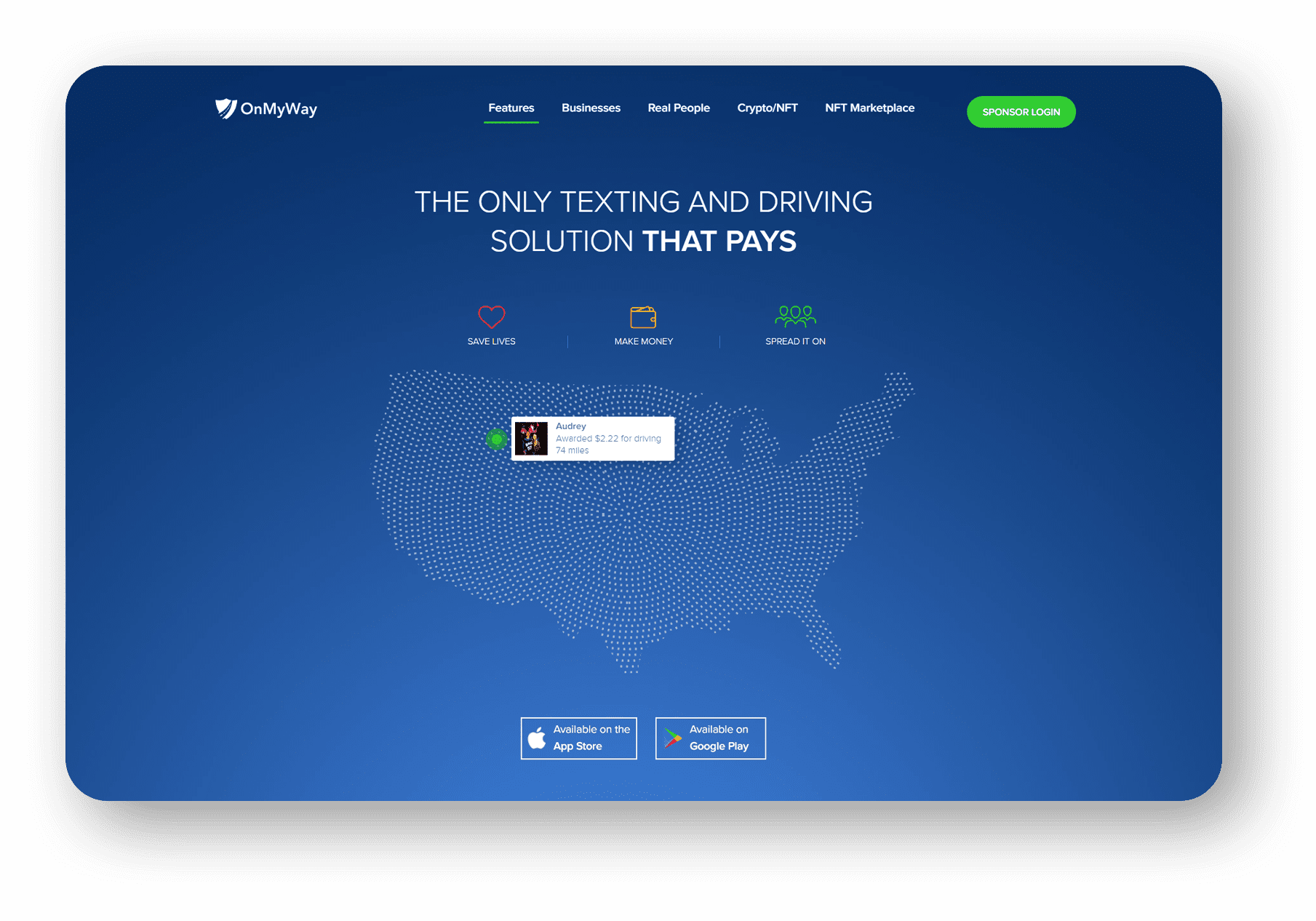
Sinéad O’Connor has died at the age of 56, prompting grief and tributes for a singer who enchanted and at times shocked the world.
O’Connor’s family issued a brief statement on Wednesday evening announcing the death of an artist and activist who remained in the spotlight – often against her wishes – after topping the charts in 1990 with the single Nothing Compares 2 U.
“It is with great sadness that we announce the passing of our beloved Sinéad,” the statement said. “Her family and friends are devastated and have requested privacy at this very difficult time.”
The Irish singer’s death came 18 months after her 17-year-old son Shane died after leaving a hospital while on suicide watch. O’Connor had three other children.
The news stunned the music industry and O’Connor’s native Ireland. The taoiseach, Leo Varadkar, expressed sorrow. “Her music was loved around the world and her talent was unmatched and beyond compare. Condolences to her family, her friends and all who loved her music.”
Micheál Martin, the deputy prime minister, said Ireland had lost one of its greatest music icons. “Our hearts goes out to her children, her family, friends and all who knew and loved her.”
Colm O’Gorman, the executive director of Amnesty International Ireland, said few artists had made such a social and cultural impact. “What a loss. Heartfelt condolences to her children, her family and all who loved her.”
Fachtna Ó Ceallaigh, who managed O’Connor from 1986 to 1990 and in later years, said she blazed a trail for other female artists. “It wasn’t just that she was unique looking – her willingness to speak what she believed to be the truth forged a new path for women in the music industry to be as close to their true selves as they could possibly be.”
Ó Ceallaigh said the singer struggled with her success after 1990. “When people are catapulted into the public arena, particularly at such a young age, it can have a devastating impact. It gave her a huge platform but that carried maybe overwhelming responsibility and I’m not too sure she was able to cope with that.
“It’s important for artists to realise that all that glitters is not gold. Her life and times were a terrible manifestation of that.”
After abjuring conventional stardom for most of her career – some never forgave her for ripping up a picture of Pope John Paul II on Saturday Night Live in 1992 – the Dubliner had enjoyed something of a renaissance in recent years.
Earlier this year she received the inaugural award – and standing ovation – for classic Irish album at the RTÉ Choice Music Prize awards. She dedicated it to Ireland’s refugee community. “You’re very welcome in Ireland,” she said. “I love you very much and I wish you happiness.”
A 2022 documentary, Nothing Compares, chronicled O’Connor’s fearless denunciations of the Catholic church, the Irish constitution, the Grammys, the American national anthem and other targets that left her demonised. It portrayed her as a woman ahead of her time in outspoken proto #MeToo statements and giving a voice to vulnerable and voiceless people.
In 2021 she published a memoir, Rememberings, detailing childhood abuse she suffered at the hands of her mother – who died in a car accident in 1985 – as well as her troubled school years, kleptomania, pop stardom, breakups and mental ill health.
Born in south Dublin in 1966, O’Connor’s debut Grammy-nominated album, The Lion and the Cobra, was released in 1987. She catapulted to fame with a haunting cover version of Prince’s Nothing Compares 2 U, which sold millions of copies. The music video has been viewed on YouTube more than 400m times.
She became just as well known for her shaved head and outspoken views. Ripping up a picture of the pope created a huge backlash – there were death threats and radio boycotts. Frank Sinatra wished to “kick her ass”.
Many considered that O’Connor was vindicated by subsequent revelations about Vatican cover-ups of sexual abuse scandals.
She released 10 studio albums, many of them experimental and non-commercial.
O’Connor told a US magazine in 2000 that she was a lesbian.
Religion and spirituality marked her life. On the back of her hand was tattooed “the lion of Judah shall break every chain” and on her chest was a large Jesus tattoo. On her neck was “all things must pass”, another biblical quote.
In the late 1990s she was ordained as a priest by a bishop from an independent Catholic group and said she wanted to be known as Mother Bernadette Mary. In 2018 she converted to Islam and changed her name to Shuhada’, but continued performing under her original name.
She experienced mental and physical health problems, which she chronicled in social media posts and interviews, the tone varying from wry to agonised.
OVERVIEW
OnMyWay Is The #1 Distracted Driving Mobile App In The Nation!
OnMyWay, based in Charleston, SC, The Only Mobile App That Pays its Users Not to Text and Drive.
The #1 cause of death among young adults ages 16-27 is Car Accidents, with the majority related to Distracted Driving.
OnMyWay’s mission is to reverse this epidemic through positive rewards. Users get paid for every mile they do not text and drive and can refer their friends to get compensated for them as well.
The money earned can then be used for Cash Cards, Gift Cards, Travel Deals and Much, Much More….
The company also makes it a point to let users know that OnMyWay does NOT sell users data and only tracks them for purposes of providing a better experience while using the app.
The OnMyWay app is free to download and is currently available on both the App Store for iPhones and Google Play for Android @ OnMyWay; Drive Safe, Get Paid.
Download App Now – https://r.onmyway.com
Sponsors and advertisers can contact the company directly through their website @ www.onmyway.com











